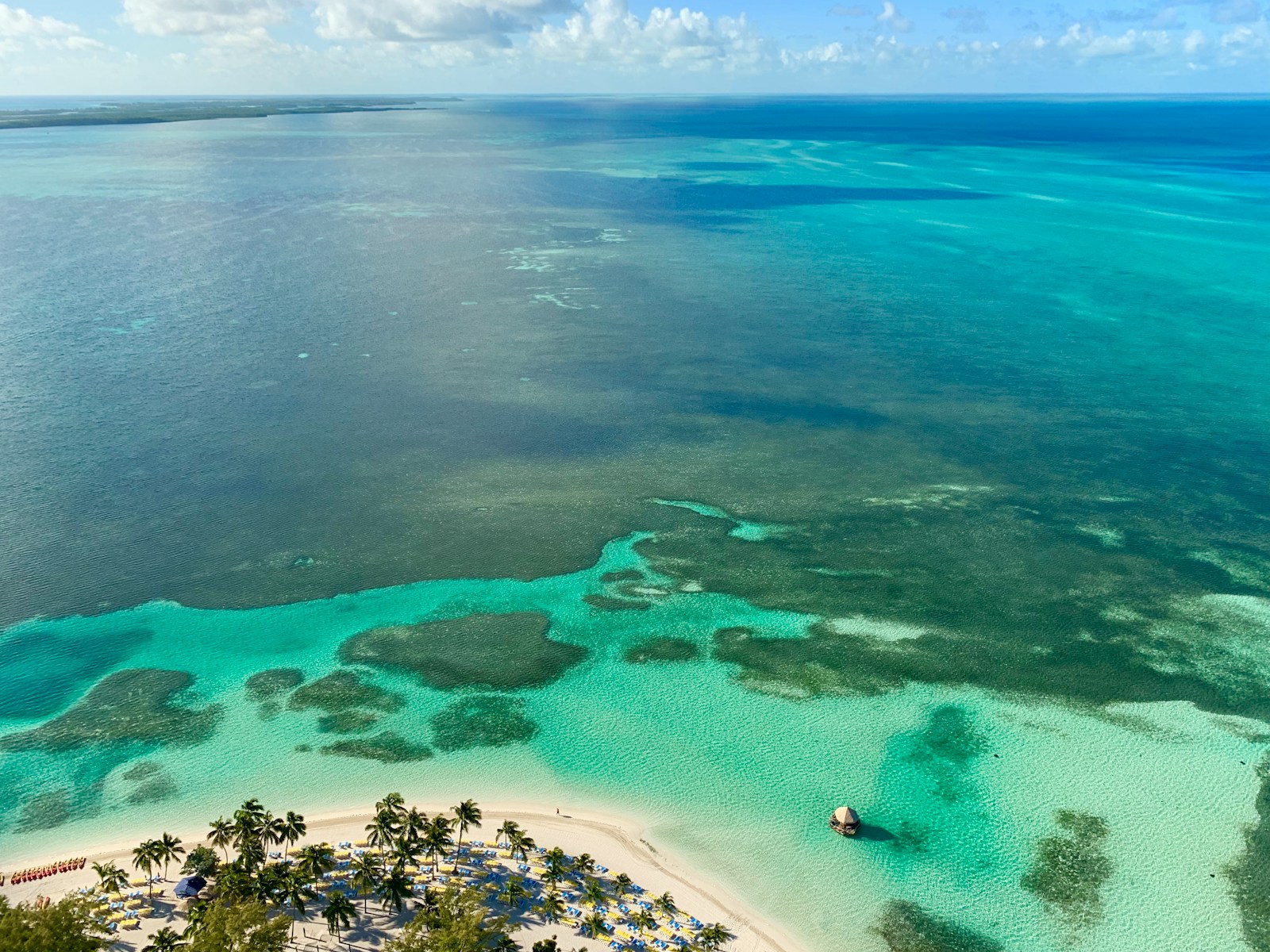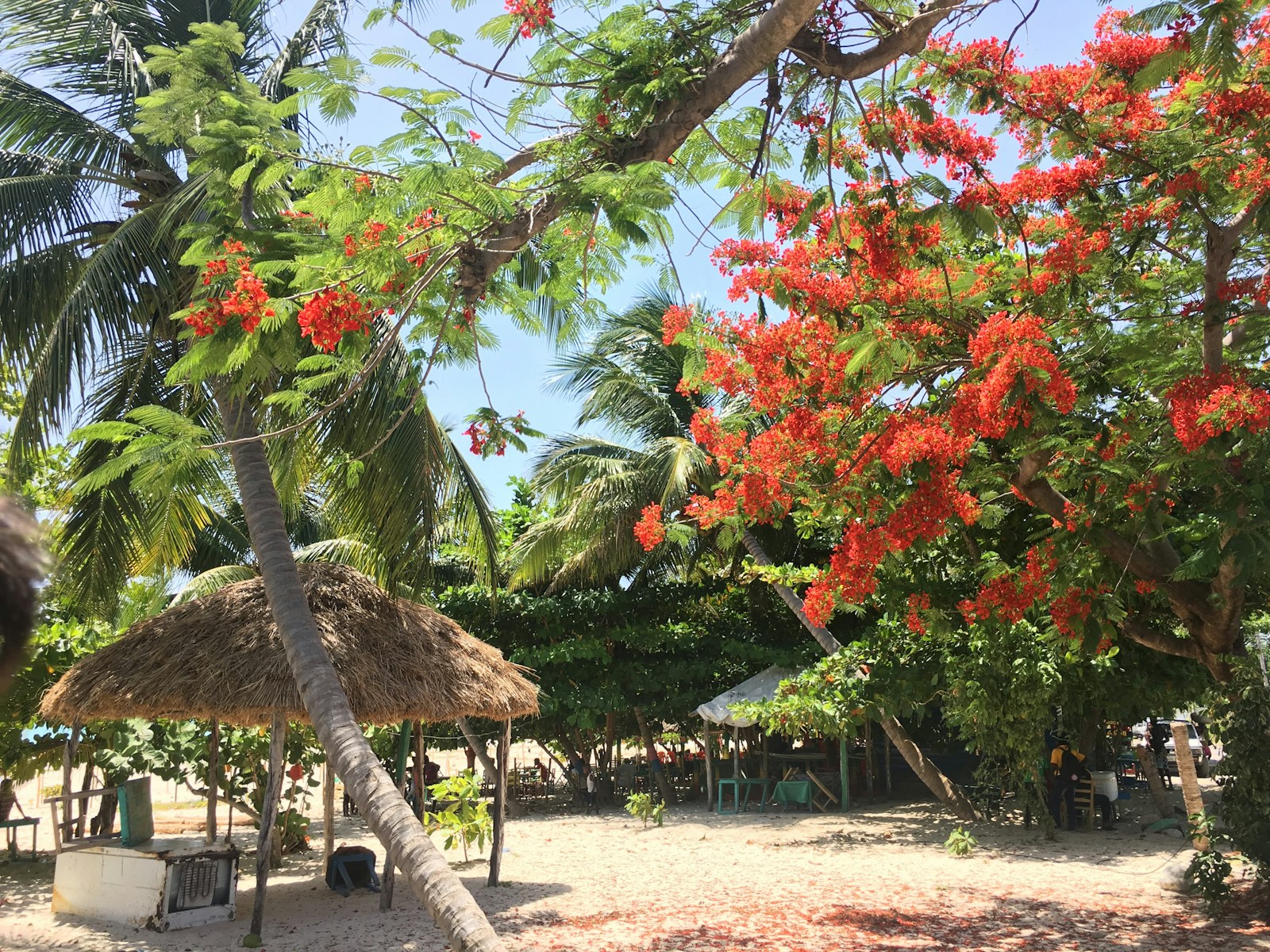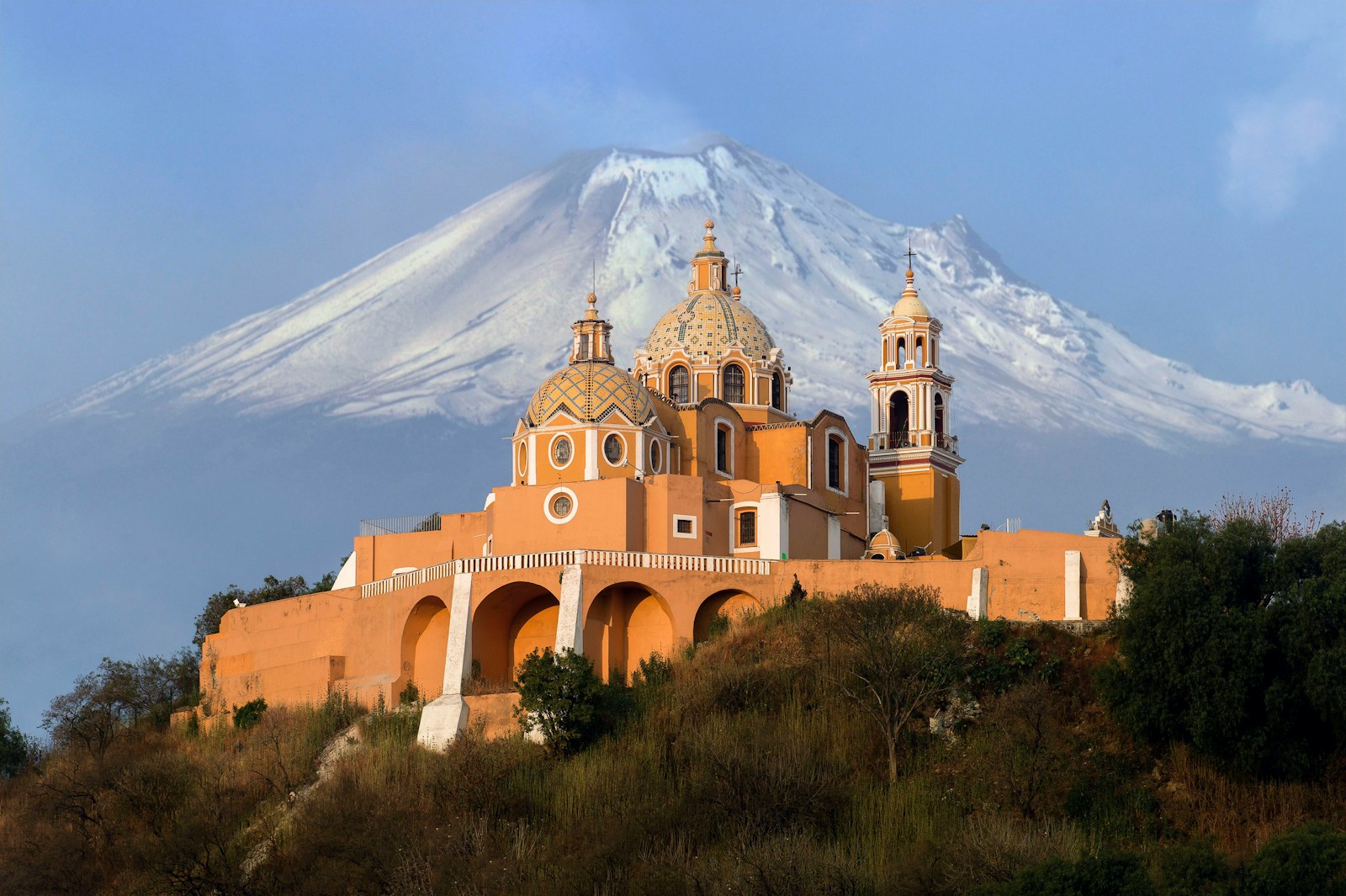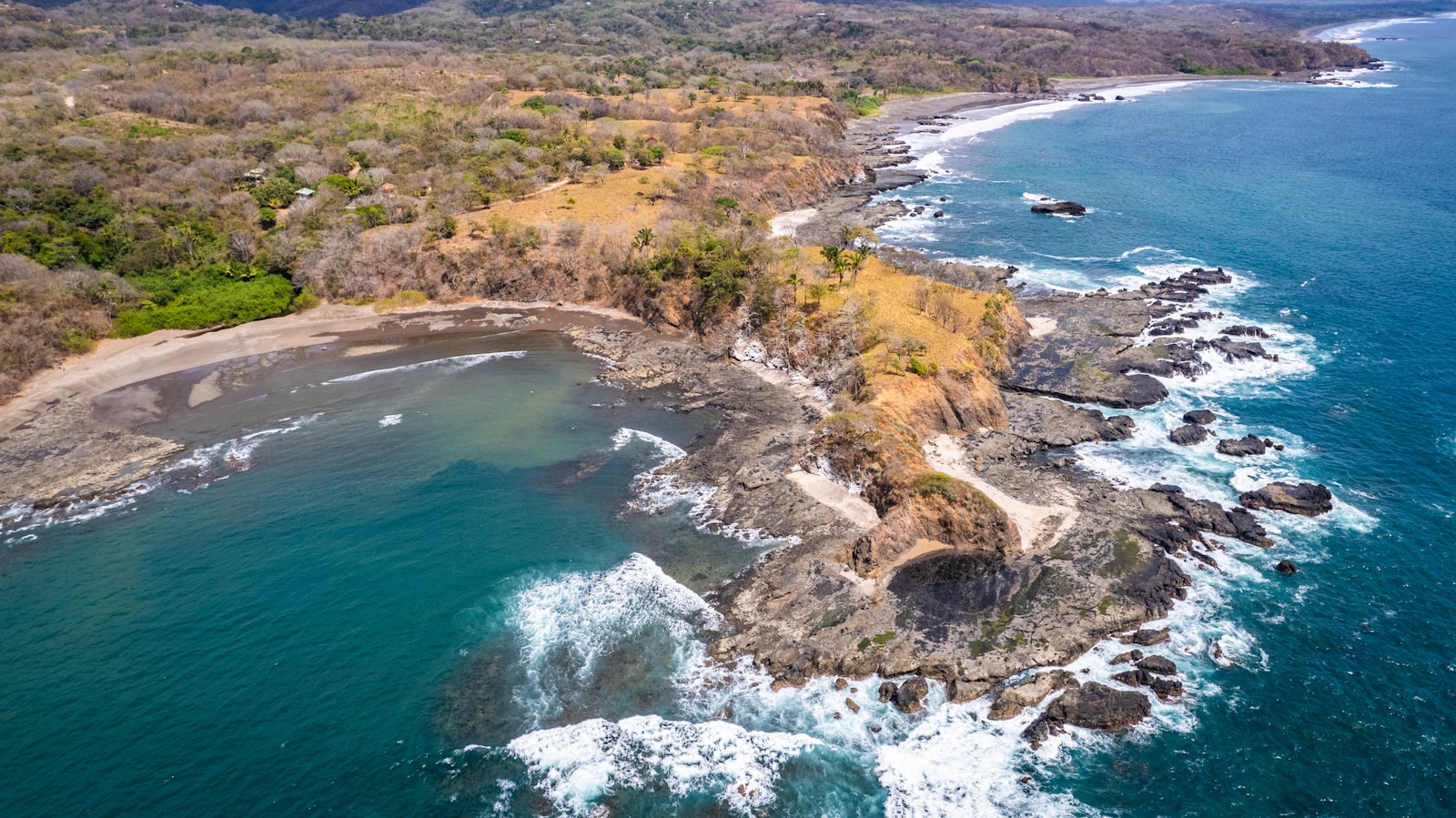Exploring New Horizons with Alternative Tourism
Have you grown tired of cookie-cutter vacations and overcrowded tourist spots? If so, alternative tourism might be what you’re looking for. This form of travel goes beyond the typical tourist experience, offering eco-conscious travelers, adventure seekers, and sustainable tourism enthusiasts a chance to explore the world in a more meaningful way.
In this blog post, we’ll uncover what alternative tourism is, its various forms, and why it’s gaining traction among today’s travelers. You’ll also discover how you can participate and contribute to this growing movement while minimizing your environmental footprint and enriching your travel experiences.
Redefining Travel
Alternative tourism is a broad umbrella term for travel that diverges from traditional mass tourism. Unlike standard tourism, which often focuses on popular landmarks and attractions, alternative tourism emphasizes unique, personalized experiences that cater to individual interests and values. It’s significant in the travel industry because it promotes sustainable practices and fosters deeper connections between travelers and their destinations.
In recent years, there’s been a noticeable shift toward sustainable and off-the-beaten-path travel. More travelers are seeking authentic experiences that allow them to immerse themselves in local cultures while minimizing their impact on the environment. This growing interest is a testament to the evolving mindset of modern travelers, who value meaningful experiences over superficial sightseeing.
Discovering Different Facets of Alternative Tourism
Eco-Tourism
Eco-tourism is all about exploring natural environments with minimal impact. This type of travel focuses on conservation and education, encouraging travelers to appreciate and protect the natural world. Whether it’s hiking through lush rainforests or snorkeling in pristine coral reefs, eco-tourism offers a chance to connect with nature in a responsible way.
Community-Based Tourism
Community-based tourism allows travelers to engage with local communities and support their economies. By staying in locally-owned accommodations and participating in cultural activities, travelers can gain a deeper understanding of the local way of life. This type of tourism fosters mutual respect and benefits both travelers and host communities.
Adventure Tourism
For thrill-seekers, adventure tourism provides heart-pounding experiences in remote or challenging landscapes. From white-water rafting in wild rivers to scaling mountains, these activities offer a unique way to explore the world. Adventure tourism not only satisfies the craving for excitement but also promotes awareness of environmental conservation.
Dark Tourism
Though it might seem unusual, dark tourism involves visiting sites associated with death, suffering, or tragedy for educational purposes. These places often have historical significance and offer insights into past events. By visiting such sites, travelers can reflect on history and gain a deeper understanding of human experiences.
Sustainable Tourism
Sustainable tourism focuses on adopting practices that minimize negative impacts on the environment and local cultures. This can include supporting eco-friendly accommodations, reducing waste, and respecting local customs. Sustainable tourism encourages travelers to make conscious choices that benefit both the environment and host communities.
Navigating the Pros and Cons of Alternative Tourism
Positive Impacts
Alternative tourism brings numerous benefits, such as environmental preservation, cultural exchange, and economic support for local communities. By choosing eco-friendly options and engaging with locals, travelers can contribute to sustainable development and foster positive relationships.
Overcoming Challenges
Despite its advantages, alternative tourism faces challenges like limited infrastructure, accessibility issues, and lack of awareness. Travelers may encounter difficulties reaching remote destinations or finding information about alternative travel options. However, with careful planning and research, these obstacles can be overcome.
Real-World Success Stories
Several destinations and companies have successfully implemented alternative tourism models, serving as inspiring examples for others. One such case is Costa Rica, a pioneer in eco-tourism that has made significant strides in conservation and sustainable development. With its rich biodiversity and commitment to preserving natural resources, Costa Rica attracts eco-conscious travelers from around the globe.
In Southeast Asia, the village of Ban Mae Kampong in Thailand showcases community-based tourism at its best. Visitors can stay with local families and participate in activities like tea harvesting and traditional craft-making. This model not only preserves cultural heritage but also provides a source of income for the community.
Embarking on Your Alternative Tourism Journey
Supporting Sustainable Practices
To participate in alternative tourism, travelers can make informed decisions by researching eco-friendly accommodations, supporting local businesses, and respecting cultural traditions. Choosing destinations that prioritize sustainability and conservation can enhance your travel experience while benefiting the environment and host communities.
Finding Opportunities
Numerous resources are available to help travelers find alternative tourism opportunities. Websites like Responsible Travel and Ecotourism.org offer information on eco-friendly destinations and activities worldwide. By exploring these resources, you can plan a trip that aligns with your values and interests.
The Road Ahead for Alternative Tourism
The future of alternative tourism looks promising, with emerging trends and technologies shaping the industry. Innovations like virtual reality and augmented reality are enhancing travel experiences, allowing travelers to explore destinations in new ways. Additionally, the growing emphasis on sustainable practices is encouraging more businesses to adopt eco-friendly initiatives.
Travelers play a crucial role in shaping the future of sustainable and responsible tourism. By making conscious choices and advocating for ethical travel practices, you can help create a more sustainable world for future generations.
Journey Beyond the Ordinary
Alternative tourism offers a wealth of opportunities for eco-conscious travelers, adventure seekers, and sustainable tourism enthusiasts. By opting for alternative travel experiences, you can deepen your connection with the world while minimizing your impact on the environment.
If you’re inspired to explore alternative tourism, consider incorporating these practices into your next trip. Share your experiences with others and encourage them to join the movement for a more sustainable and meaningful approach to travel.






















